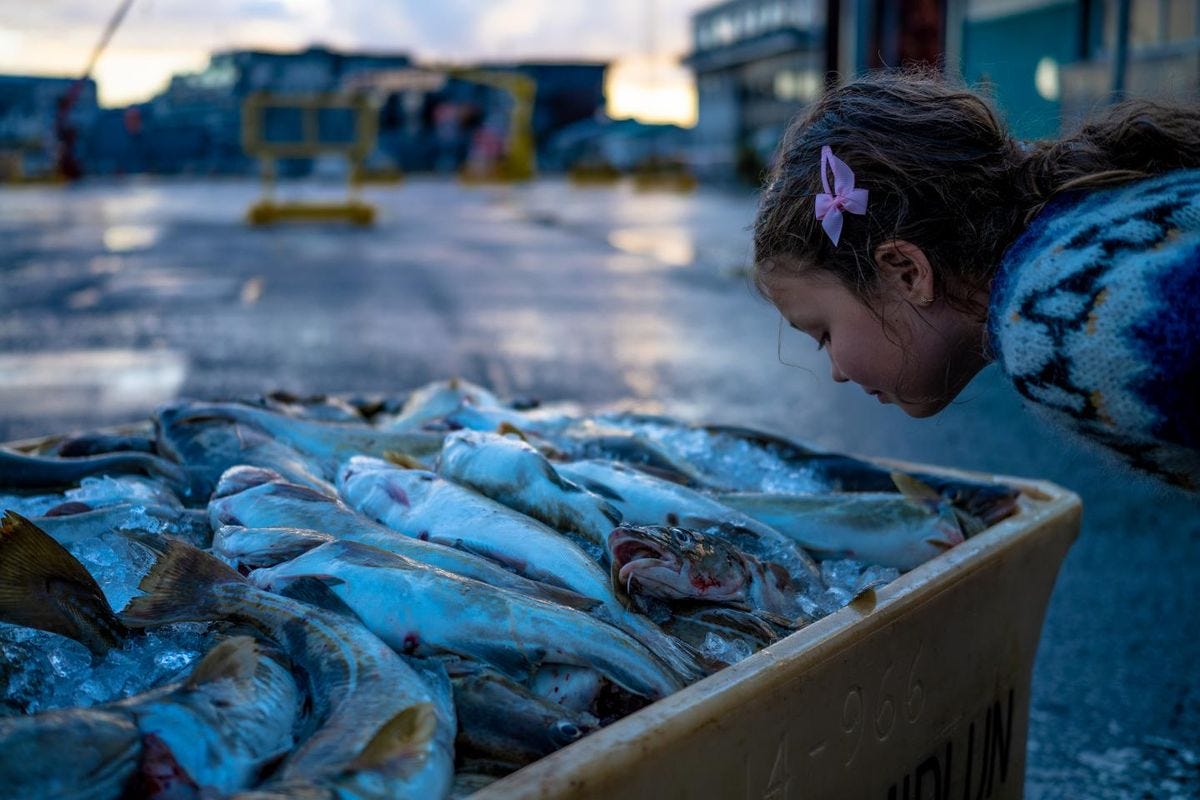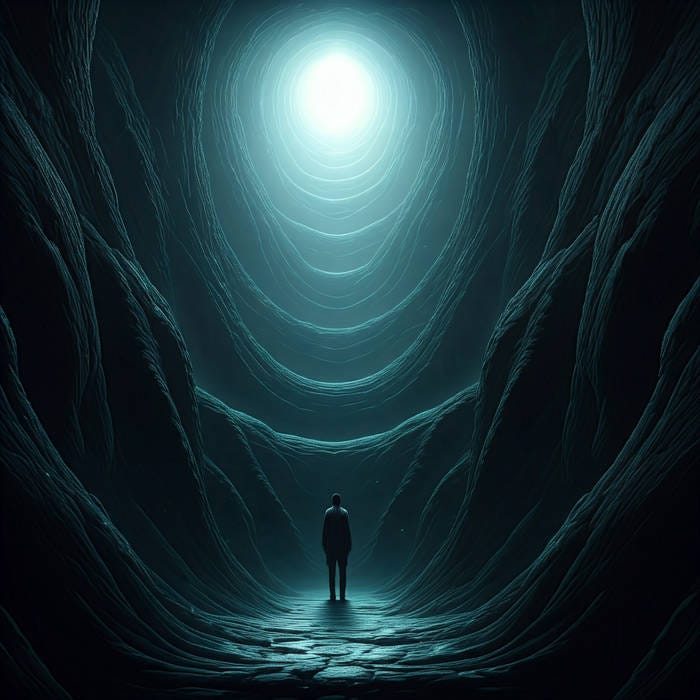Last week I wrote about my three-act storytelling workshop to help cancer survivors create hope, no matter what. One of my readers contacted me to brainstorm an issue that they’re having at work, saying that they wanted to help reset the narrative for their employees, but people were so distraught and cynical that they couldn’t imagine getting anyone to sit down for a workshop on hope.
They’re just not in that mindset at all, said this person. I get yelled at for being too optimistic.
And I understand. Sometimes you just don’t have the energy or emotional bandwidth to attend a long workshop, or read a long substack (!!), on why things aren’t so bad. And yet, I think we can all agree that wallowing in despair is not particularly beneficial for morale or our own mindset.
I am in that space myself, sometimes more frequently than I’d like, and I’ve built up a roster of one-line stories to get my own self back on track.
So if you don’t have time to attend a workshop, or if trying to give a talk on hope makes your coworkers cranky, then feel free to borrow any of these scientifically grounded one liners. :)
“I’m not putting that stinky fish in my boat.”
This is sort of the despair version of “see the river, not the rocks.” There are times when saying “see the river” feels a bit too happy, because you’re being assaulted by chaos and ugliness, from inside or out.
So what I do is picture myself on a kayak, paddling along while people yell insults and pelt rotting stinky fish at me from the shore.
I can’t stop people (or my own brain) from throwing rotten stinky fish at me. But I can damn well decide not to carry the fish with me. So when I hear something awful and rotten that doesn’t serve me, I say firmly, I am not putting that stinky fish in my boat, and I throw it back out, and keep paddling past.
“Don’t worry, it’s only the abyss.”
Sometimes everything is terrible, and there’s no point in denying that. But the terrible is always temporary, and the abyss is not the same thing as the end. So when I am drowning in despair over the state of the world or the state of my finances, I say “Don’t worry, it’s only the abyss,” which makes me laugh, and I carry on.
“Butterfly incoming.”
I wrote a while back about how we tend to forget that every transformation follows a period of turmoil, darkness and despair. Dark Ages before Renaissance; Good Friday before Easter; winter before spring. As Mary Magdalene said in her gospel, “Before resurrection, you must die all the way.” While in a cocoon, the caterpillar becomes goo. A literal puddle of goo.
So this reminds me, it is normal to come completely unglued, from time to time. It doesn’t mean we’re falling apart. It means we’re transforming.
Goo at the moment means butterfly, incoming.
“Time to Stockdale myself.”
There is one story I tell again and again, in workshops and in my own head, when my situation feels miserable. It is the story of the Stockdale Paradox; the story of Admiral James Stockdale who, after spending seven years in a Vietnam POW camp, said that “optimists died first.” When life is terrible, it’s not helpful to lie about it. But you can’t give up either, because, whoops, “pessimists died next.”
So if optimists and pessimists die during hard times, what are we left with? What story works? The Stockdale Paradox!
The Stockdale Paradox, the survival story, is one that acknowledges the awful truth of the present moment, but also believes that one day, life will have meaning and joy again.
As James Stockdale said, in all his years of torture and suffering, “I never lost faith in the end of the story.”
So when in doubt, I just remember to Stockdale myself, and I say, this is awful right now, but I’ll never lose faith in the end.
“Goddamnit, my life is a love story.”
Here’s the thing. I just get one life, and I’m not going to let the universe put me in some god-awful dystopia David Fincher head-in-a-box sort of narrative. I might not get to choose the setting of my story, but I get to choose the mindset, and my life is a love story, goddamnit.
So do what you must, universe. Have at it, oligarchs. I am not writing dystopia. The story I’m telling here is a story about love, and all that it can transform.
The story I’m telling is one that makes more of me, no matter what.
The story I’m living is one that bends towards the light.
The life I’m creating is one that I hope will be good for others, too.
So there.





